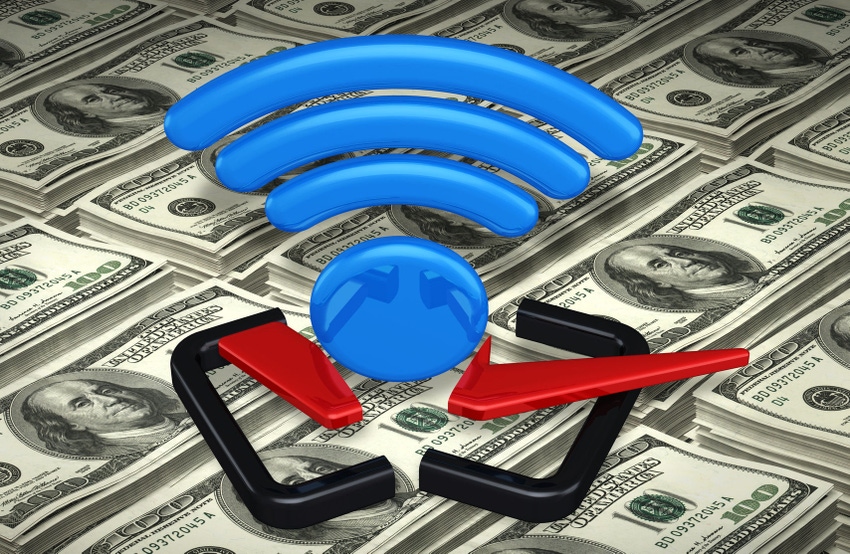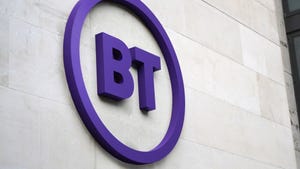The US telecoms regulator is set to detail plans to reverse its 2015 net neutrality ruling, but the inventor of the World Wide Web is mobilising opposition.
November 16, 2017

The US telecoms regulator is set to detail plans to reverse its 2015 net neutrality ruling, but the inventor of the World Wide Web is mobilising opposition.
Earlier this year FCC Chairman Ajit Pai announced his predecessor had been wrong to impose what he considered to be excessive regulations on US ISPs which, among other things, prevented them from selectively restricting internet traffic. He vowed to reverse that ruling before the end of the year and Reuters reports that the moment of truth is almost upon us.
We don’t bang on about net neutrality over here nearly so much, mainly because it’s already set in UK and European law, but also because our ISP market is considered to be more competitive. In many parts of the US there is less choice between broadband providers and so the fear is that ISPs will face fewer disincentives to exploit any freedom they have to favour internet traffic for commercial reasons.
The Pai-led FCC seems to be coming at this matter more from a laissez-faire economic/small state political direction rather than any specific dislike of net neutrality but the likely result is the same. People who favour light-touch regulation think it’s not the state’s job to tell private companies what to do with their property, while many neutrals think the internet is too important to be left unprotected from such corporate avarice.
One of the figureheads of the latter camp is Tim Berners-Lee, who has been dining out on inventing the World Wide Web for almost 30 years. Writing in USA Today, for some reason, Berners-Lee said “Treating all content equally online is key to individual empowerment, democracy and economic growth. But the FCC is threatening to take that away.”
He goes on to say that he gave his invention away for free because he realised how important is could be for global communication, the dissemination of information and the empowerment of individuals. There’s no doubting he was correct on all counts there, and everyone with an internet connection now has access to knowledge, services and entertainment that we could only have dreamed about only a generation or two ago.
But the removal of net neutrality isn’t the only threat Berners-Lee perceives to his internet utopia. The Guardian reports him lamenting the influence of the big internet advertising companies – i.e. Google and Facebook – and by forces that look to exploit that influence. “The system is failing,” he said. “The way ad revenue works with clickbait is not fulfilling the goal of helping humanity promote truth and democracy. So I am concerned.”
There are valid arguments on both sides of this debate. Why should private companies have commercial opportunities arbitrarily taken away from them by the state, especially when plenty of other bad stuff on the internet goes unchecked? On the other hand the internet is probably the most important resource of our era and so should subject to measures designed to protect the greater good. Expect plenty more noise from both sides once Pai formally makes his move.
About the Author(s)
You May Also Like








.png?width=300&auto=webp&quality=80&disable=upscale)


_1.jpg?width=300&auto=webp&quality=80&disable=upscale)


.png?width=800&auto=webp&quality=80&disable=upscale)